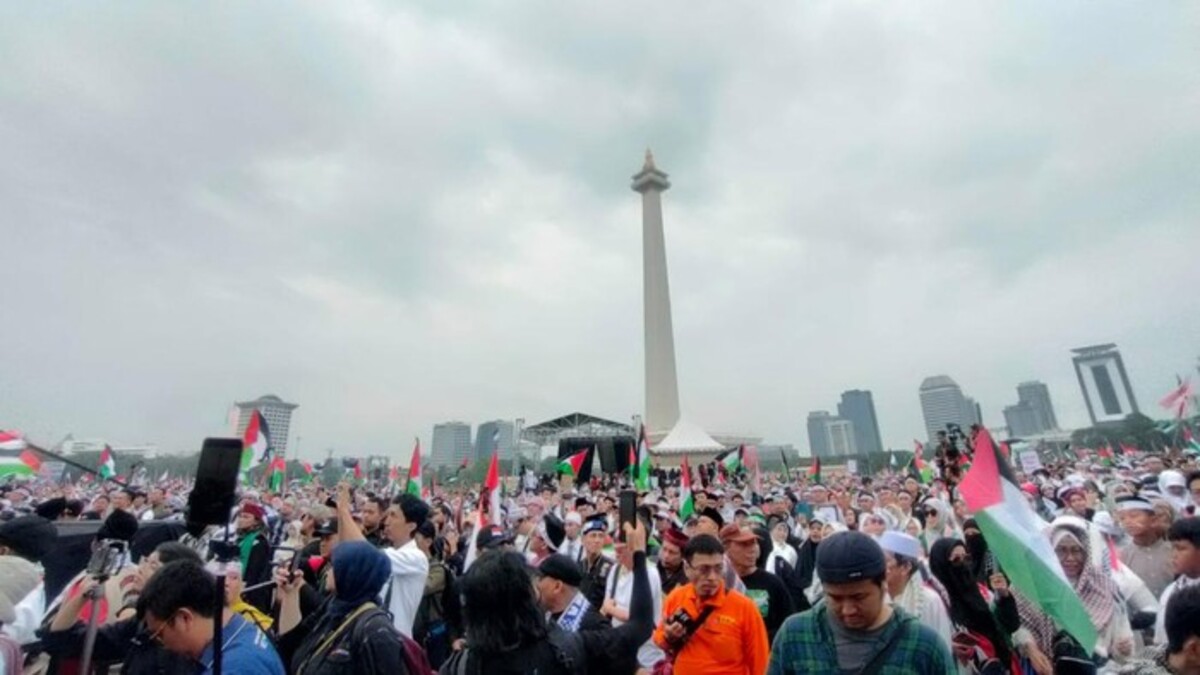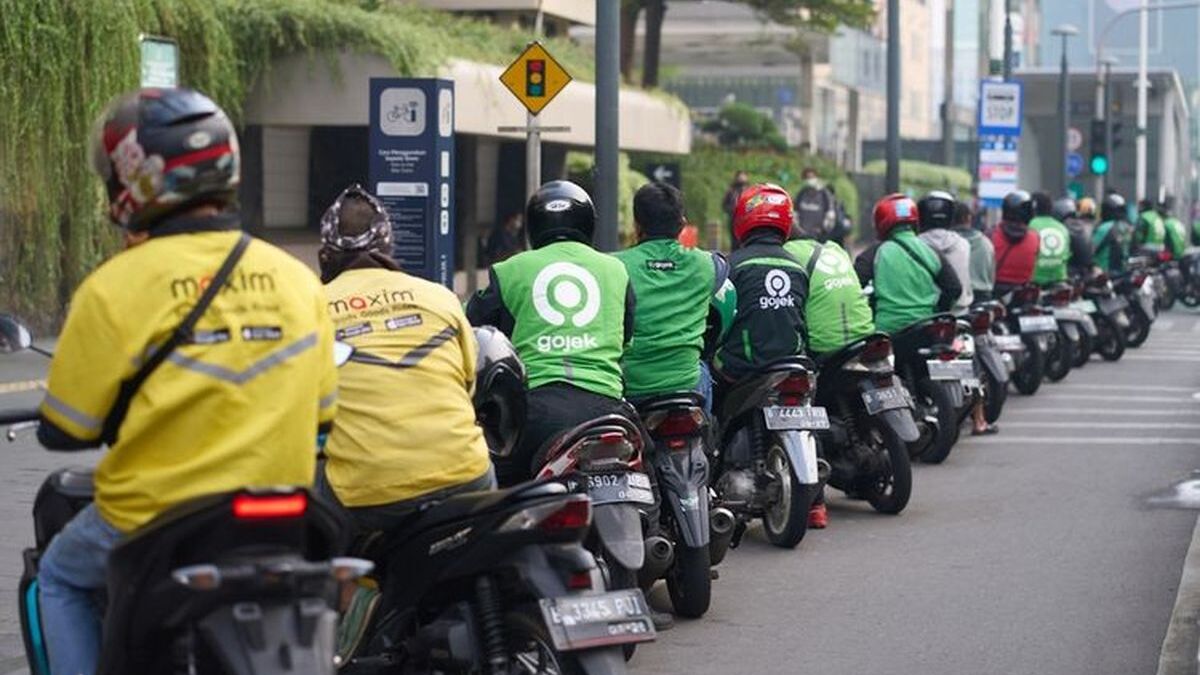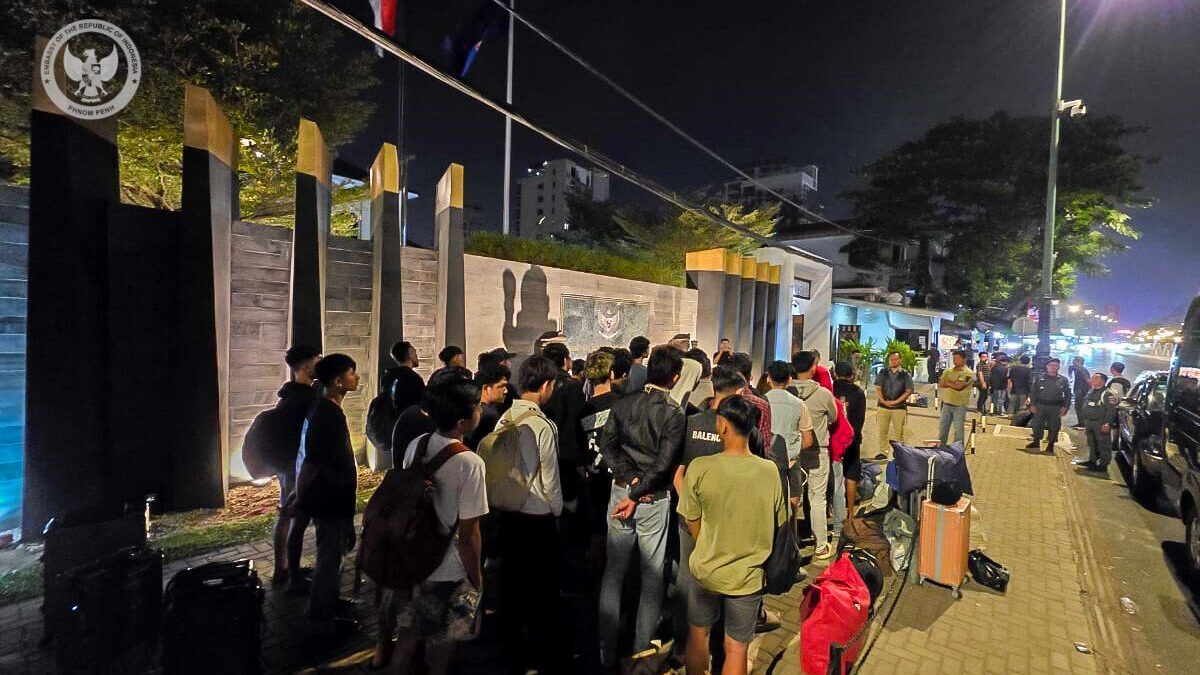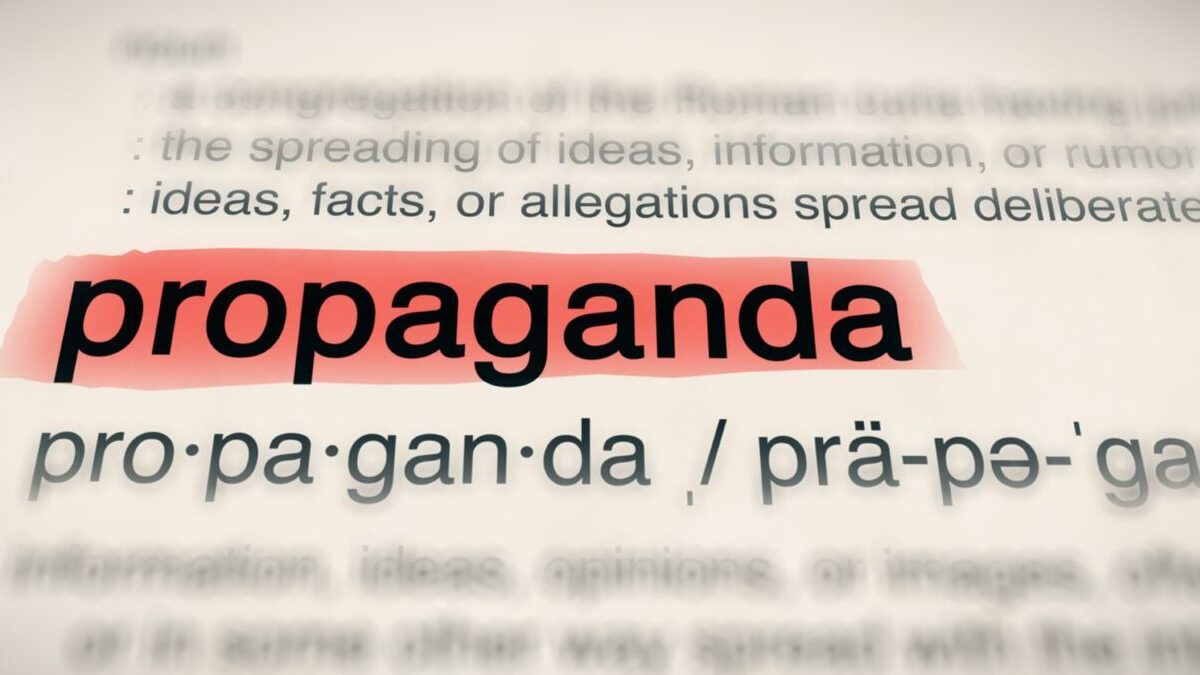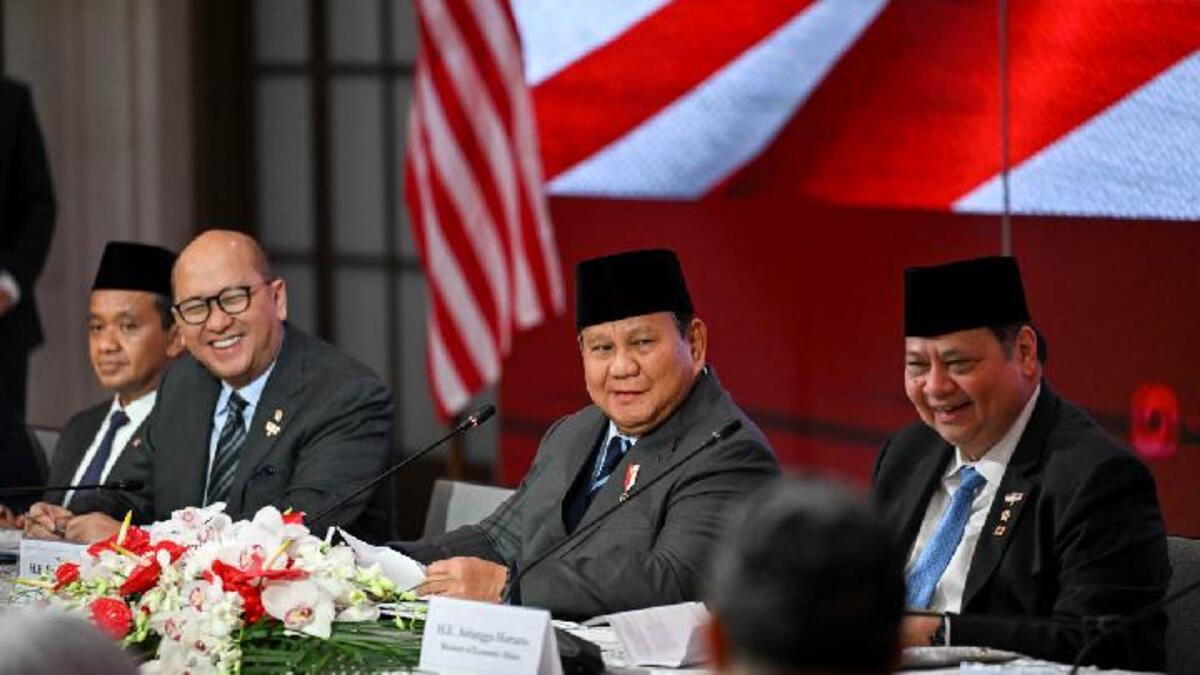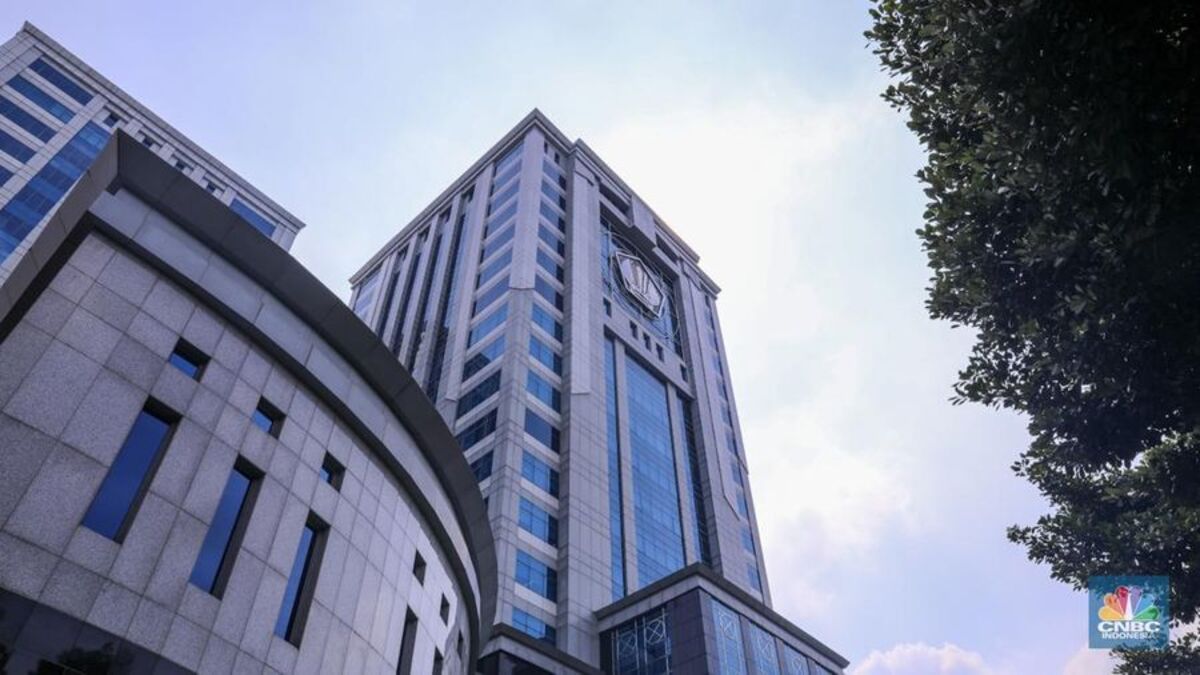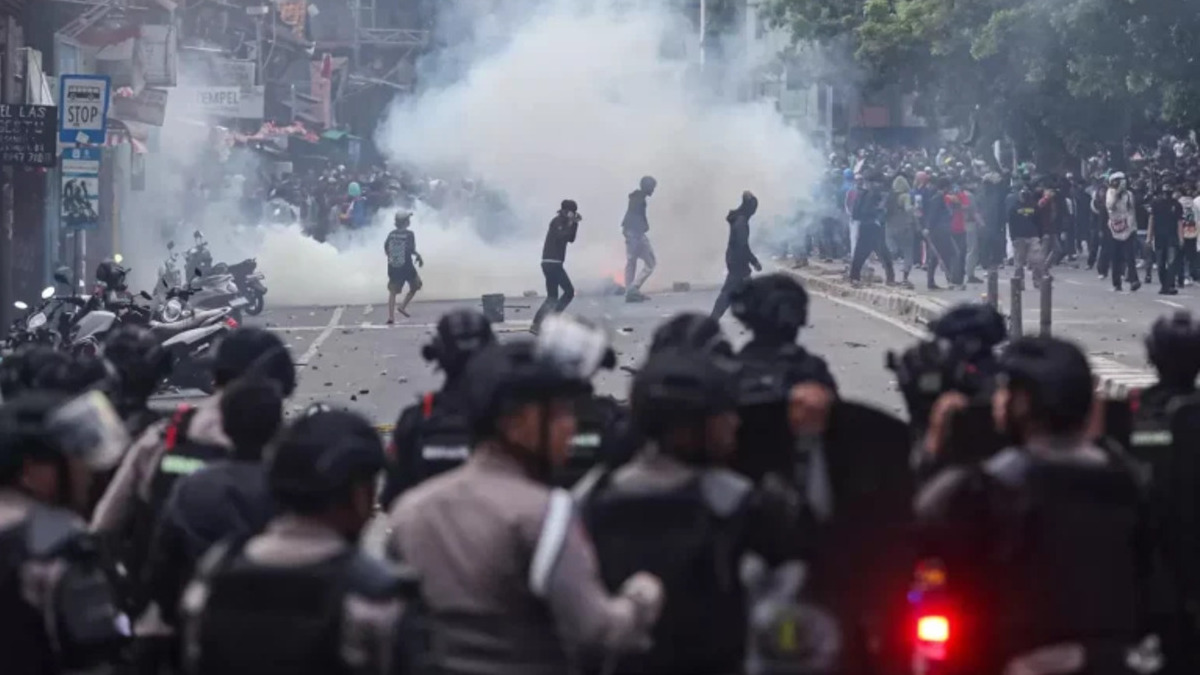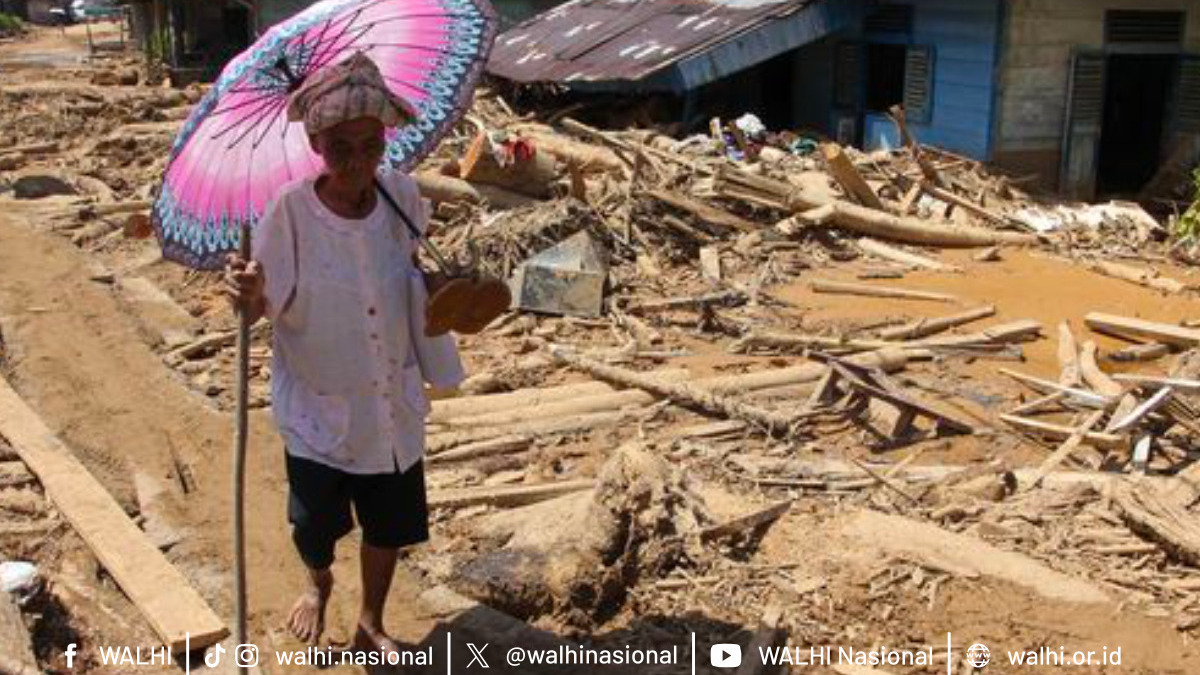Amnesty urges revocation of Indonesia’s newly passed KUHAP revision amid human rights concerns
Amnesty International Indonesia has sharply criticised the recent adoption of the revised Criminal Procedure Code (KUHAP), calling it a serious rollback on human rights. Key provisions, including expanded arrest powers and limited legal aid, raise deep worries about arbitrary detention and fair trial guarantees.
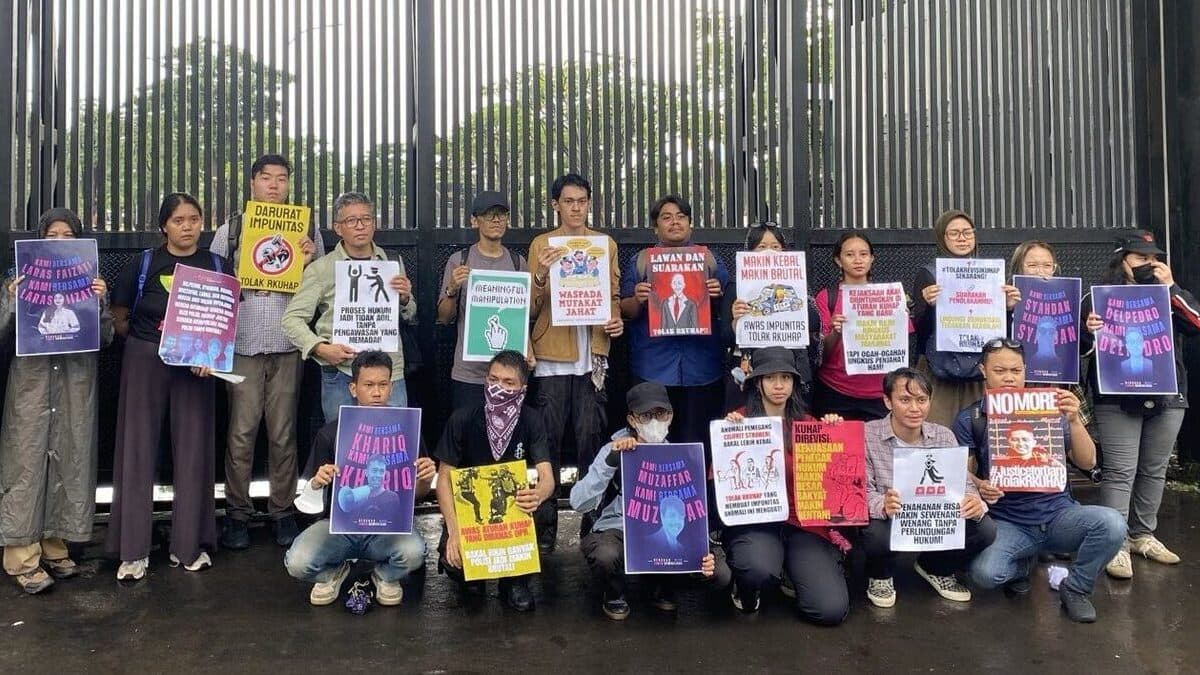
- Amnesty’s strong condemnation: Amnesty International Indonesia says the KUHAP revision marks a major regression in state commitment to protecting human rights.
- Problematic provisions: The new law allows for arrest and detention without a court order, restricts legal aid based on threat levels, and broadens investigative powers including undercover operations.
- Call for revocation and transparency: Amnesty and civil society urge the government and Parliament to annul the law, demand public participation, and reopen comprehensive reform discussions.
Amnesty International Indonesia has strongly condemned the recent passage of the revised Kitab Undang-Undang Hukum Acara Pidana (KUHAP), arguing that it represents a “serious regression” in the nation’s commitment to human rights.
Parliament (DPR) formally approved the revised KUHAP in a plenary session on 18 November 2025, after Commission III concluded deliberations. President Prabowo Subianto subsequently ratified the bill into law, as announced by Law Minister Supratman Andi Agtas.
In a press release, Amnesty’s Deputy Director, Wirya Adiwena, said the process behind the revision lacked meaningful public participation. The final draft, she noted, was uploaded by Parliament less than 24 hours before the plenary vote.
New KUHAP powers on arrest, detention and surveillance under scrutiny
Amnesty flagged several provisions in the new KUHAP that could seriously undermine civil liberties:
-
Arrest and detention without judicial oversight: The law grants authorities the power to arrest and detain individuals without prior court approval, raising the risk of arbitrary detention.
-
Restricted access to legal aid: The legislation ties access to legal assistance to the severity of the criminal threat, potentially excluding people arrested for lesser offences.
-
Broad investigative powers: The revision authorises undercover operations, entrapment methods, and surveillance “without limit” on the type of crime, and without requiring a judge’s oversight.
Amnesty warns these rules could be used to engineer criminal activity for prosecutorial gain, undermining fair trial guarantees.
Transparency and process criticisms
Civil society groups, including a coalition involving Amnesty, have also criticised the legislative process. They argued that:
-
The revision process was not transparent.
-
There was little to no meaningful public discussion, despite repeated calls from civil society.
-
In total, the KUHAP draft spans hundreds of articles (334 main provisions and over 1,500 clauses in the internal list of issues), yet was pushed through quickly with minimal deliberation.
According to the coalition, this fast-tracked process undermines democratic legitimacy and oversight.
Broader human rights concerns
The National Commission on Human Rights (Komnas HAM) has also weighed in. Anis Hidayah, chair of Komnas HAM, argued that the KUHAP revision must prioritise human rights protections, noting that existing criminal procedure law does not sufficiently guard against abuse.
On the other hand, the government has defended the reform as necessary.
Officials from the Ministry of Human Rights highlighted that the revision aims to align Indonesia’s criminal procedure with its international obligations, including the International Covenant on Civil and Political Rights (ICCPR) and the Convention Against Torture (UNCAT).
Amnesty’s demand: revoke and restart the process
Amnesty International is demanding that the government and Parliament revoke the newly passed KUHAP law.
Specifically, they call for:
-
Opening the text to public review and meaningful participation;
-
Revisiting nine “crucial” issues that civil society believes were mishandled.
-
Postponing implementation — Amnesty warns that enforcing the law as early as 2 January 2026, without a transitional period or proper infrastructure, could lead to legal chaos.
They argue that, instead of strengthening the rule of law, the revisions concentrate power in law enforcement hands without adequate checks, putting citizens at greater risk of abuses.
Context: Why now?
The timing of the KUHAP revision is closely linked to another major legal change in Indonesia: the new Criminal Code (KUHP), which is set to take effect on 2 January 2026.
Lawmakers have said the urgency is due to the need for a procedural law (KUHAP) to accompany and operationalise the new substantive penal code.
However, despite the justification of “legal modernisation,” the process has provoked strong resistance from civil society, legal scholars, and human rights defenders.
Potential fallout and next steps
If the law takes effect on 2 January 2026 without revisions, Amnesty warns of significant human rights risks. The lack of judicial oversight and increased police power could lead to arbitrary detentions, unfair trials, and diminished access to justice — especially for vulnerable populations.
Moreover, civil society groups may escalate their protest: they are calling for renewed debate, transparency, and structural reform.
Komnas HAM’s involvement suggests that concerns over human rights are shared beyond activism circles — pointing to potential future legal challenges or calls for constitutional review.


